Learn how we have helped our partners surface and converge richer asset information, contributing to the marketplaces where transparency matters most.

Everledger with JD.com and GIA Case Study
Everledger with GIA and Chow Tai Fook Case Study
Together with renowned jewellery group Chow Tai Fook and GIA, Everledger has launched a paperless solution delivering diamond grading reports on the blockchain to consumers. This digital platform provides the same independent, accurate and unbiased analysis that GIA has been providing since 1931, but now with greater convenience and traceability. And because it uses the blockchain, it’s based on information that is entirely secure, private and unalterable.


Everledger and Gübelin
Everledger with Avery Dennision and wine trade network
Together with partner Avery Dennison, Everledger has developed an end-to-end traceability and provenance tracking solution for the wine industry. This partnership, launching first with ‘Appellation Earth’ wines from Napa Valley by US-based wine négociant Wine Trade Network, combines Avery Dennison’s intelligent label solutions with Everledger’s blockchain-based platform.

Everledger and Rare Carat Partnership case study
Blockchain and IoT technologies enable tracking of the entire diamond life cycle to improve customer confidence in jewellery.
Everledger, an independent technology company that enables traceability and provenance to high value goods, has partnered with Rare Carat, America’s #1 source of unbiased diamond advice for over $200 million of diamond sales annually
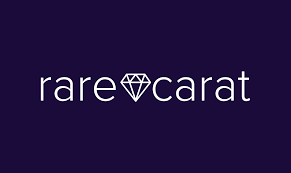
Everledger’s Head of Sustainability Carrie George asks whether the application of OECD Due Diligence in the diamond industry can help raise standards all along the pipeline, in response to growing consumer expectations for ethical sourcing

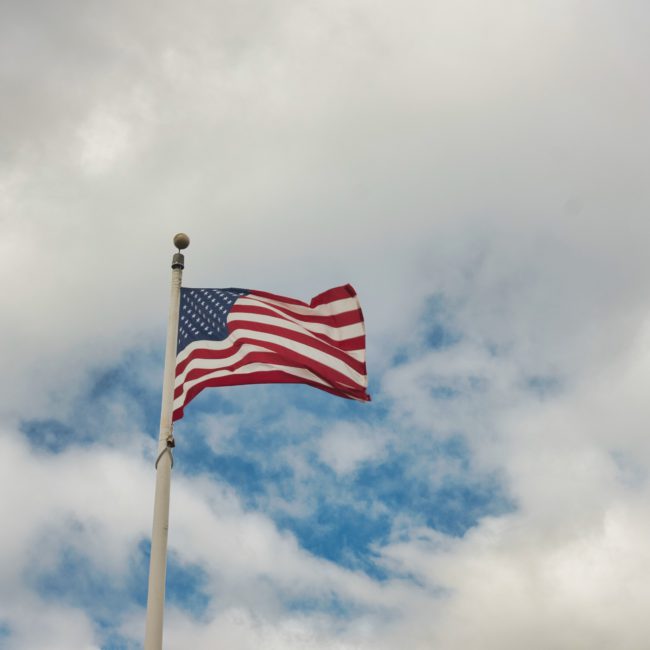
Everledger’s Carrie George identifies opportunities for the Biden-Harris administration to make sustainable environmental progress.
Transparency remains a challenge for the diamond industry, especially diamond provenance. It can still be extremely difficult to verify diamond provenance, or in other words, the origin, characteristics, materials, quality, chain of ownership and sustainability practices of any given stone and suppliers.


Water in Textile and Apparel Supply Chains
Gender Role in Small Scale Fashion Supply Chains
When considering how women play a role in the fashion industry, it is easy to consider the industry’s stereotypical consumer base of young women. While we can recognize that clothing is a basic human need, gender inequities do persist in fashion supply chains.

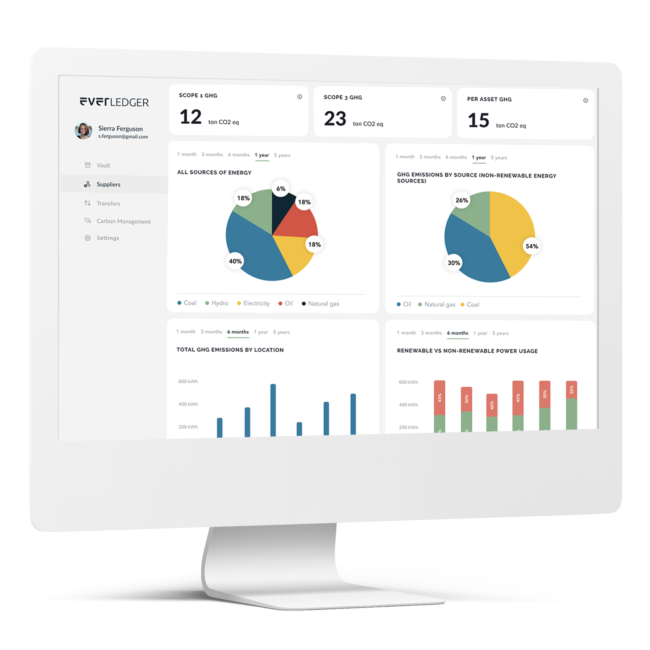
Blockchain and its Importance in GHG Reporting.
Greenhouse Gas Emissions
Carrie George, the Vice President and Head of Sustainability & Impact at Everledger, said in her interview with the Center for Climate and Energy Solutions (C2ES), “There’s no perfect data. There’s better, valuable, and reasonable data that is applicable to the supply chain”. With the increasing general public demand for corporations to play positive environmental roles, there are countless companies committed to accelerating the transition to zero-carbon across their value chains and operations.
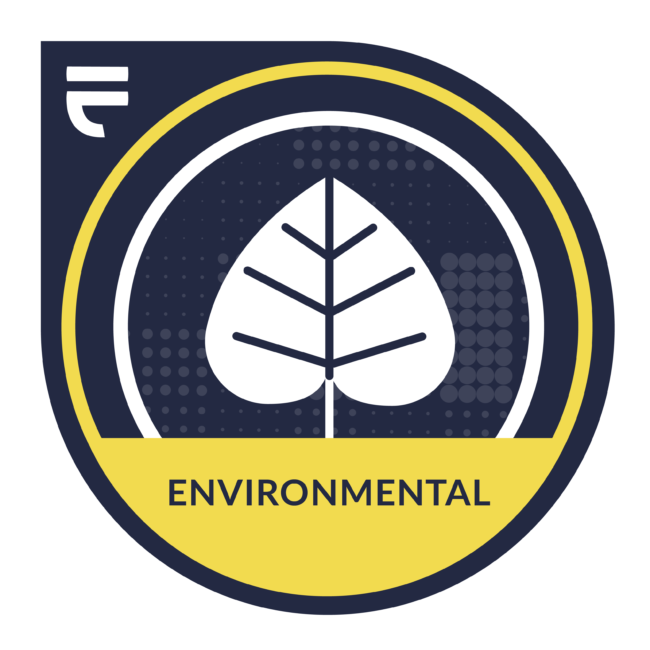
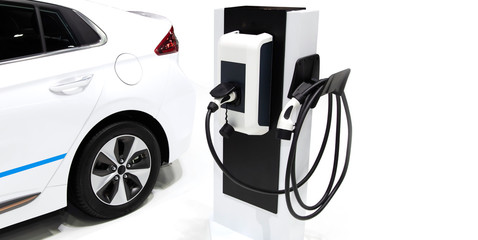
Everledger with the U.S. Department of Energy and Ford
European compliance for electric vehicles.
While COVID-19 caused a global slump in the automotive market last year, electric vehicle (EV) sales actually increased 45% year-on-year in Europe, passing 15% of total market share. This rapid growth in the EV industry is pushing battery repurposing, recycling and disposal up the agenda. The European Commission has taken proactive measures to regulate the expected 14-fold growth in EV and portable batteries over the next decade, as part of its European Green Deal to achieve climate neutrality and zero pollution targets by 2050.


